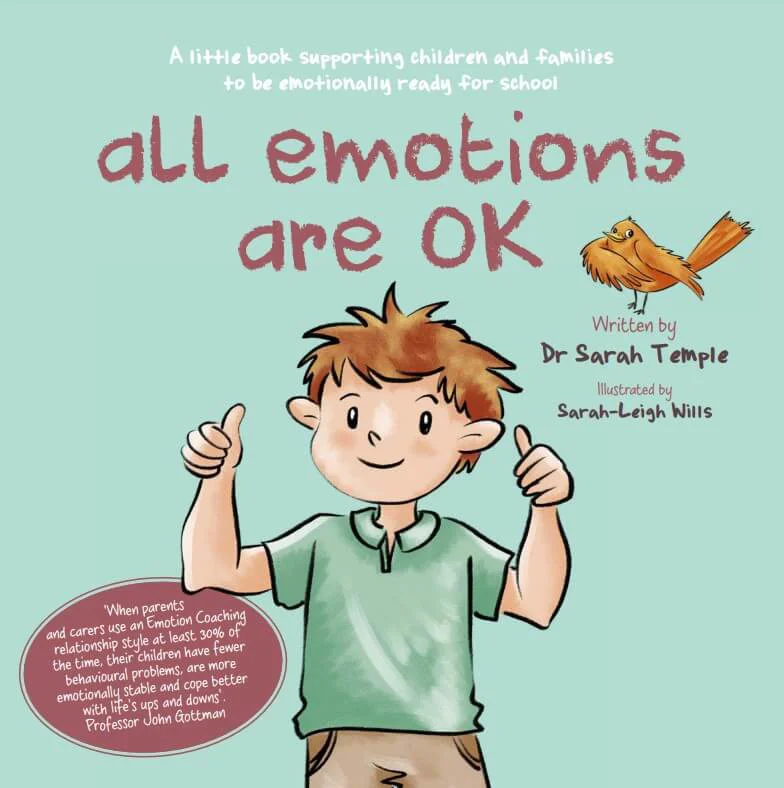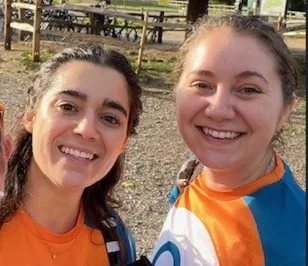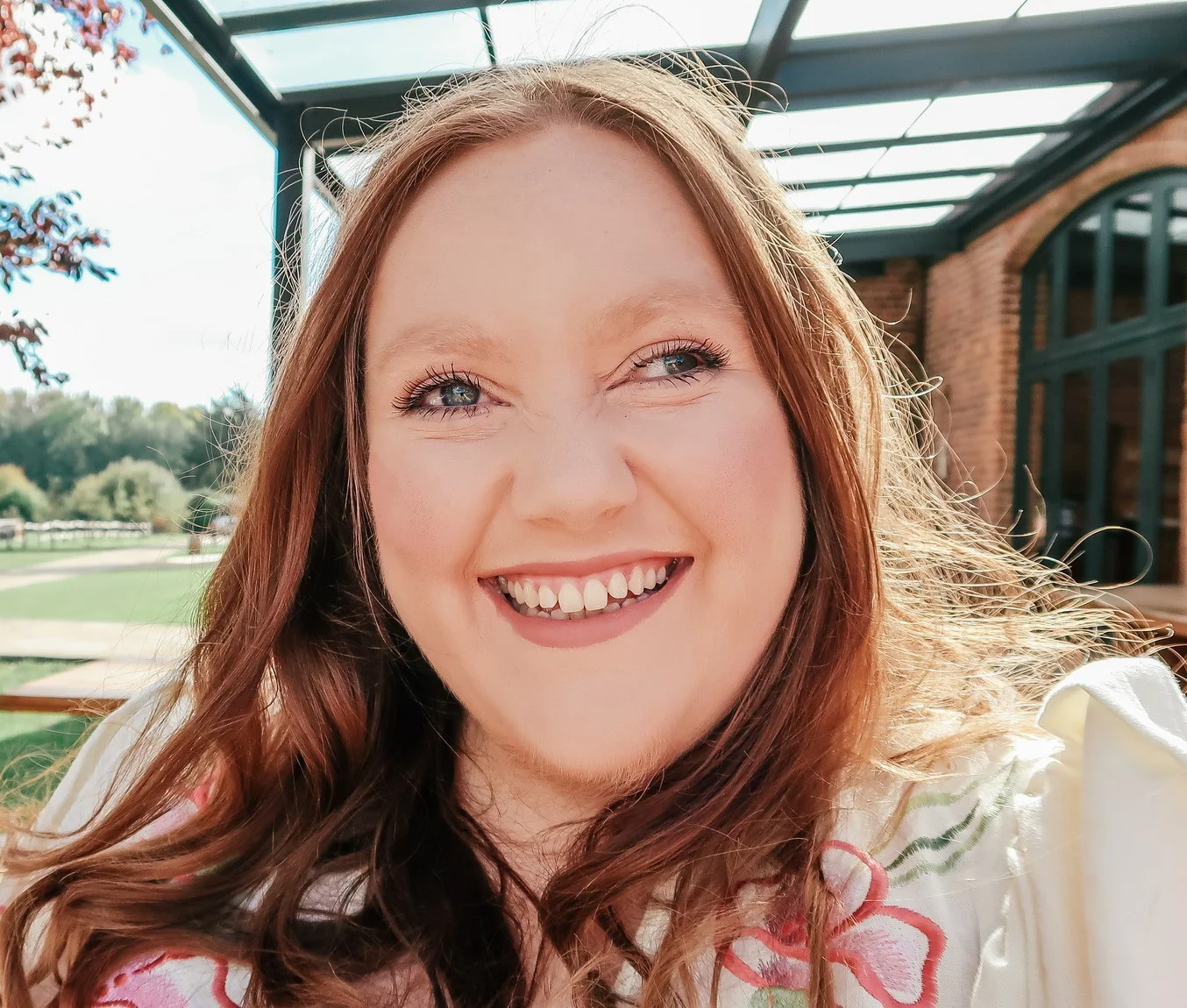Caring community
Caring Community
For children to flourish, they need an environment that nurtures their mental wellbeing. Our whole school approach shows teachers, parents and pupils how to create one.
Gemma Howard is a Charlie Waller mental health trainer in south west England. She is working with primary schools in and around Bradford-on-Avon, using our whole school approach. As the name suggests, this means engaging everyone in mental health training sessions: teachers and other staff, parents and carers and, of course, pupils.
Passionate about wellbeing
Fitzmaurice Primary School has about 295 pupils in seven year groups, with around 13 teachers and 15 teaching assistants. As with many, the school suffered from a lack of training during the Covid pandemic. However, the staff were passionate about enhancing the mental health and wellbeing of everyone in their school, starting with a review of current policies and practice.
Gemma used our mental health assessment tool – S-MET – with the senior leadership team to build a picture of the school’s needs. She then worked with the team to develop surveys for staff, and for parents and carers, to ascertain their views on taking a whole school approach to mental health. From the results, they identified key areas and put together an action plan, starting with the development of a mental health policy.
They later developed activities to give pupils a voice and used individual surveys with children in years five and six; the school assessed these with Gemma. The data collected helped show the need for an adapted version of the PSHE (personal, social, health and economic) curriculum for students with SEND (special educational needs and disability. The school was then able to work towards this.
Training for everyone
The whole school approach means staff, pupils and parents are involved at all stages of creating and implementing the plan. All the teachers and teaching assistants attended mental health training sessions: it was very important to ensure all teaching and support staff were given equal opportunities to learn and develop a universal approach to understanding mental health, brain development, stress and supportive strategies.
All the staff were given an overview of mental health, low mood and depression, anxiety, stress and the brain, and tools to support wellbeing. These include developing emotionally responsive relationships, listening skills and emotion coaching. Parents and carers were all invited to webinars on supporting children’s mental health too.
Trauma informed approach
All Gemma’s training is trauma informed. This means being sensitive to the trauma that children may have experienced, and actively seeking to prevent re-traumatisation. Trauma-informed practice acknowledges the need to see beyond an individual’s presenting behaviours and ask, ‘What does this person need?’ rather than ‘What’s wrong with this person?’
As part of an INSET morning for all staff, Gemma led a session on understanding the impact of trauma on children’s development and wellbeing.
She said: “I really wanted to help staff understand the impact trauma can have on a child’s nervous system and their ability to relate to others, and learn.
“When a child is stuck in a nervous system response, their behaviour is not the result of choice; we can help by coming alongside a child, supporting them to regulate their emotions and feel safe before they are able to engage with us and be ready to learn.
“All behaviour is a form of communication, and it’s vital we look beyond behaviour and focus on building responsive relationships – it’s all about ‘connection before correction’ as Professor of Psychiatry Dan Seigel suggests.
“Mindful Emotion Coaching can really enhance our ability to support children’s emotional development. I’m going to use this model in some ‘how to’ training to complement what we’ve done with staff so far. This will enable them to practise the skills they’ve learned, communicating in a way that is validating for the children through an emotionally responsive relationship.
“Harvard university has suggested this buffers against the effects of ongoing or toxic stress. Using this model, teachers can support children to build emotional literacy, trust, and connection.”
All emotions are OK
by Dr Sarah Temple
We are hugely grateful to Dr Sarah Temple for the tools shared with Gemma through her Mindful Emotion Coaching programme and for making the online versions of her books available free of charge through the Trust. 'All emotions are OK' aims to help parents and caregivers explore and talk about emotions and feelings.

Get 'all emotions are OK' by Dr Sarah Temple. This book is free without a code.
Get 'emotions and feelings' by Dr Sarah Temple. Use the code 'birmingham' to download the emotions and feelings book for free.
Get 'being present in the now' by Dr Sarah Temple. Use the code 'beingpresent' to download the being present in the now book for free.
Wellbeing ambassadors
Gemma is now developing a programme for teams of students in local schools to train as wellbeing ambassadors, starting with Fitzmaurice. The programme has many benefits: as well as engaging pupils and ensuring their voices are heard, it enables them to reflect on the values of kindness, compassion and acceptance, and to develop ways to embed them throughout their school.
Gemma explained: “The pupils will learn what the teachers learned, in a way that’s appropriate to their ages. This will include an understanding of mental health, stress, and wellbeing strategies, how to seek help, and how to support each other. The next step will be for them to ask: ‘How can we use what we’ve learned to be wellbeing ambassadors in our school?’. This might include buddy systems and other ideas they come up with themselves.”
Support for all ages
As well as sessions for prospective wellbeing ambassadors, Gemma is running assemblies for the whole school, using highlights of the ambassador training.
These are run for all year groups, including the four-year-olds in the foundation classes, using language, puppets, and pictures they can relate to and engage with.
Parents' vital role
Parents and carers are a crucial part of school life and Gemma runs her own webinars, as well as helping other trainers to run sessions on supporting children's wellbeing. As well as general mental health awareness, these can cover specific topics, such as anxiety, emotional wellbeing, the teen brain and responsive communication skills. To make these more economical, Gemma runs them for parents and carers from several local schools at the same time.
Gemma’s aim is to empower the school to continue the work she has done with them into the future, embedding a culture of mental wellbeing that will benefit the whole community for years to come. Assistant Head, Laura Wilson, said: “Working with the Charlie Waller Trust has benefitted all our pupils, staff and parents.
"As Mental Health Lead for the school, I cannot stress enough how useful it has been to have an expert to work alongside me to guide and plan our provision. I really feel Gemma knows our school, our ethos and what we want our future to look like.”


